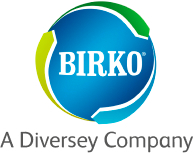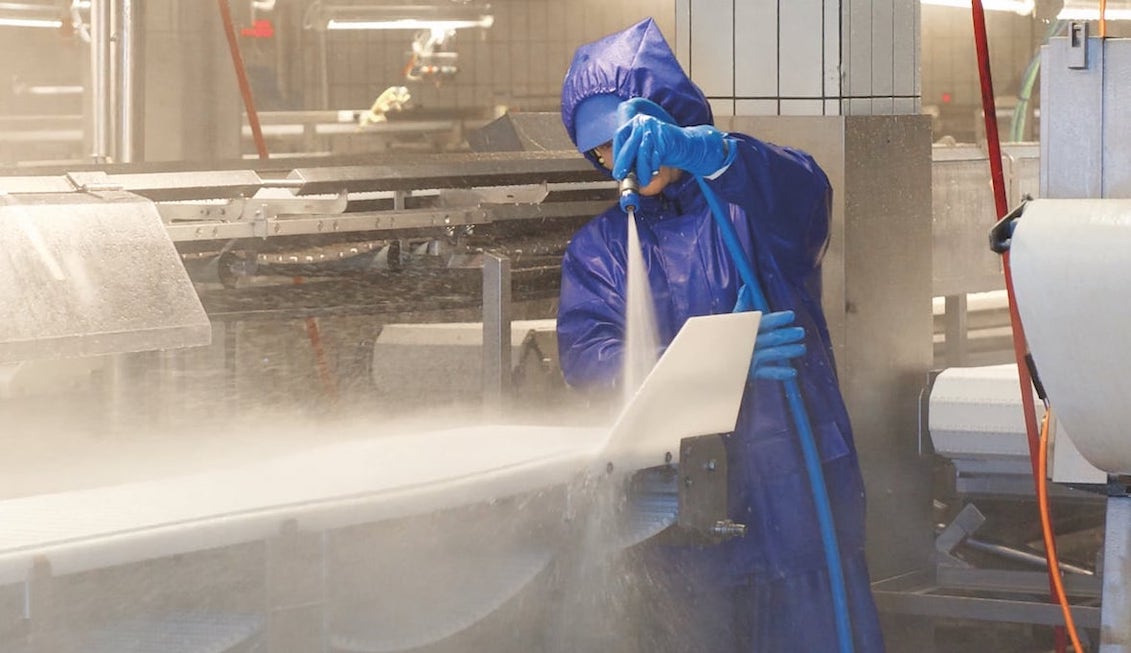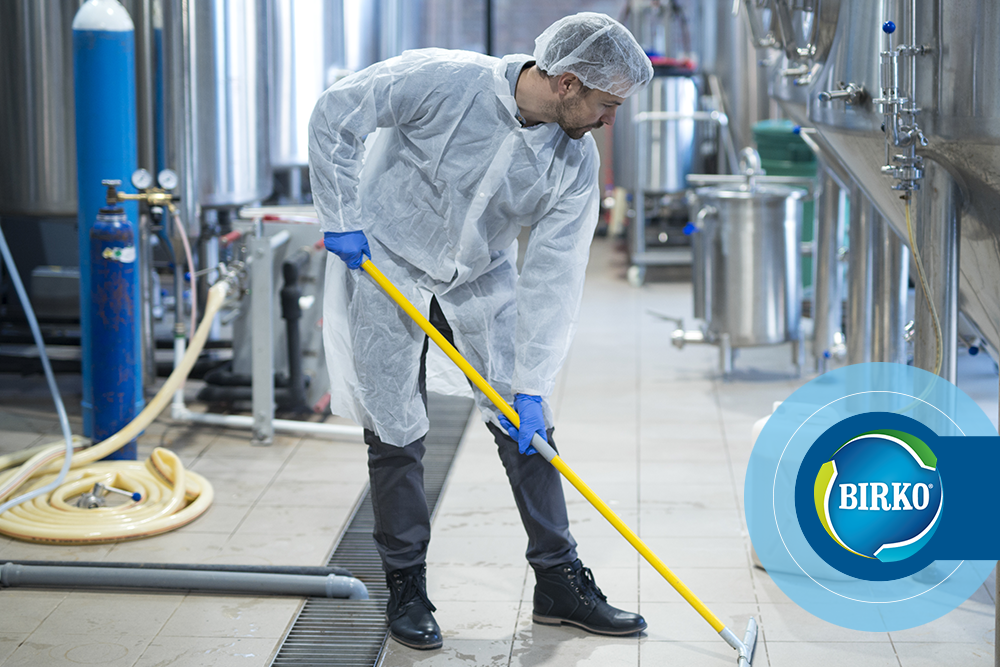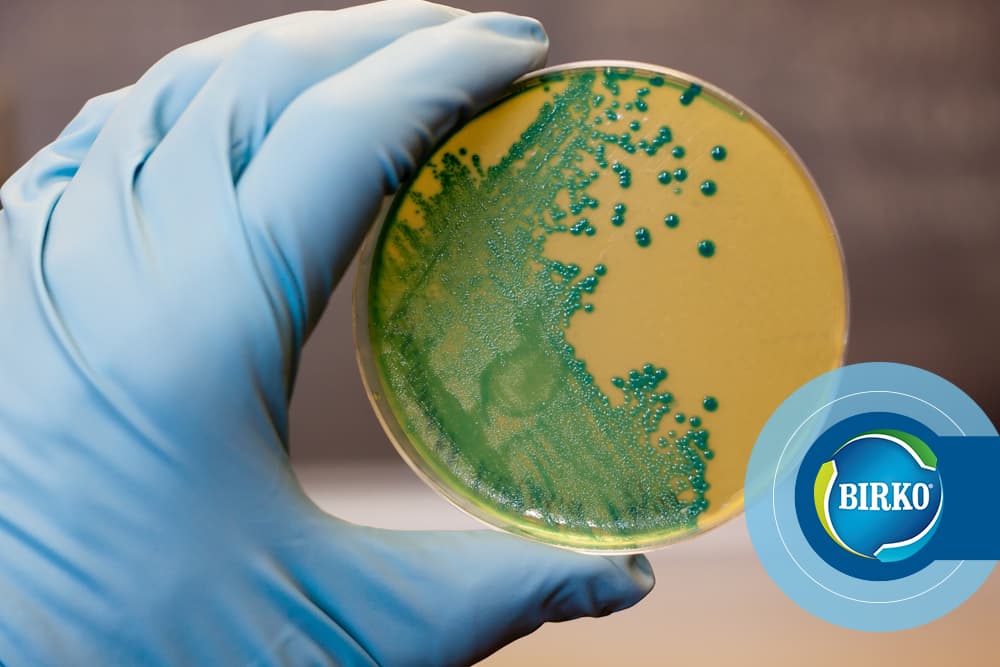Listeria monocytogenes remains a major cause of foodborne illness in produce and ready to eat (RTE) food products.
Because Listeria can survive and grow in cold, wet environments, it can become “resident” in a food processing facility. Persistent, resident Listeria in a plant means that food that comes into the plant in a clean state can become contaminated during processing.
As a result, food processing companies are increasingly using a “search-and-destroy” strategy to detect and control Listeria. This is especially true for fresh fruit and vegetable packers and processors and RTE processors. Both of which produce products that typically go directly from processor to plate without further treatment to kill bacteria.
During these ‘search-and-destroy’ missions, there is an area commonly overlooked: the floor scrubber.
Many facilities use a floor scrubber of some kind to apply a solution to the floor to loosen soil, then suck both solution and soil up into a reservoir. These units are often used in warehouses, loading docks, coolers and refrigerated storage areas. Some plants will use the same floor scrubber in between the raw or incoming side and the cooked or out-going side of the facility.
While a floor scrubber is useful for cleaning large areas, care must be taken to ensure that these do not become a harborage point or a mechanism for spreading bacterial contamination around a facility.
Earlier this year, one of our customers uncovered Listeria in their plant during their ‘search-and-destroy’ mission. It appeared in a swab from the tank on his floor scrubber. Obviously their immediate response was to thoroughly disinfect the unit and implement a regular cleaning and sanitation program for the unit.
The teachable moment here is the need to look everywhere for Listeria and take appropriate action when you find it.
If you’re interested in an assessment of your plant, contact us to learn more about our SWAT process. Our team of industry trained professionals conduct the most robust sanitation and process assessment available. At no cost to you.
 Elis Owens, Ph.D., Director, Technical Services, Birko, can be reached at [email protected], 303-289-1090.
Elis Owens, Ph.D., Director, Technical Services, Birko, can be reached at [email protected], 303-289-1090.








